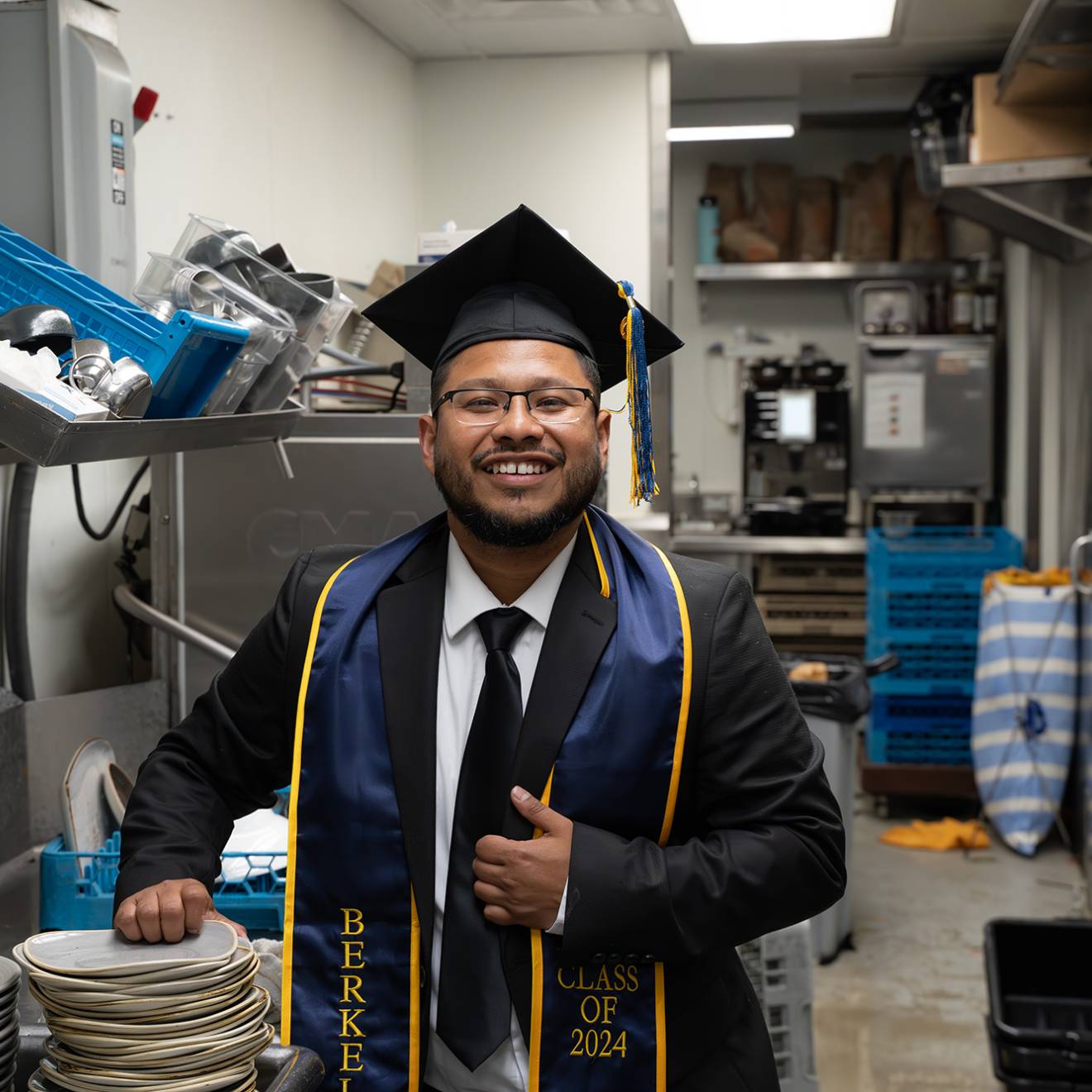Public Affairs, UC Berkeley

In Berkeley Talks episode 183, Poulomi Saha, an associate professor in the Department of English and co-director of the Program in Critical Theory at UC Berkeley, discusses how cult culture, once a fringe phenomenon, has moved into the mainstream — and what that tells us about what we long for, what we fear and who we hope to be.
"In the 1960s, we see this cult boom coming out of a crisis in America," said Saha at an Alumni and Parents Weekend at Homecoming event on campus in October.
"The cult culture boom today is also coming out of a crisis. We are in crisis. My students every day look at me, and they tell me the things they fear: climate catastrophe ... indebtedness, radical isolation, a sense that they see the burning of the world around them, and everyone who gets to make the rules and everyone who tells them what to do, doesn't get it — (they're) checked out, making money, producing structures that are ill-fit to their lives. The crisis here is not quite the same as in the 1960s, but it's really not that far off.
Follow Berkeley Talks, a Berkeley News podcast that features lectures and conversations at UC Berkeley.
"So in this crisis moment, we have a return to desire for overarching meaning, radical acceptance, transformative experience, transcendence. But unlike in the 1960s, we're not dropping out, we're tuning in. We're not out on Sproul dancing with the Hare Krishnas ... but there is a really good podcast, and you could go home right now and listen to ... and you could feel a relationship to these crazy things that somehow don't imperil you."
"So when we are tuning in," Saha continued, "we're tuning in to a highly regularized representation of cults. If in the 1960s we had the sense that fringe groups and communes might offer us a way out of conformity and regularity, in this current incarnation, when cults appear in our everyday lives, they do so highly regularized."
Saha is currently working on a book about America’s long obsession with its own invented visions of Indian spirituality and why so often those groups and communities come to be called cults.
This Oct. 6 event was hosted by Berkeley's Division of Arts and Humanities.
(Editing note: Because of an audio issue, we left out the Q&A portion of this talk.)

